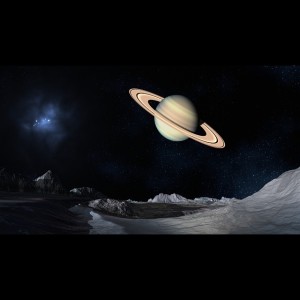Episodes

Monday Oct 28, 2019
Episode 083 - Astrobiology and the Search for Life with Jonathan Lunine
Monday Oct 28, 2019
Monday Oct 28, 2019
- Dr. Jonathan Lunine is the David C. Duncan Professor in the Physical Science and chair of the Department of Astronomy at Cornell University. He is also the vice president and a co-founder of the Society of Catholic Scientists.
- In this “part 5” of our interview, Dr. Lunine notes that planetary science was not always a distinct field. It drew upon components of astronomy or the geological study of the moon, for example. Astrobiology, with a goal of studying microbial life forms that may be found on exoplanets, is now at the point of relative infancy where planetary science stood about 50 years ago.
- Enceladus, one of the dozens of moons orbiting Saturn, is one site worth inspecting in the search for life. It could be based on carbon-bearing molecules different from those found in Earth life. The Cassini mission reported on plumes of water vapor and ice emanating from that moon. Dr. Lunine was part of a group proposing a mission called Enceladus Life Finder.
- Saturn’s moon Titan has seas filled with liquid methane. Could there be a form of biochemistry that works in liquid methane? It’s worth looking for, Dr. Lunine said.
- The Society of Catholic Scientists, with more than 1,000 members, is expanding its activities. The international group’s next annual meeting will consider the possibility of extraterrestrial life and the implications of such discoveries relevant to faith. The conference will be held in June 2020 at Providence College.
- Image by Reimund Bertrams from Pixabay
Version: 20241125


No comments yet. Be the first to say something!